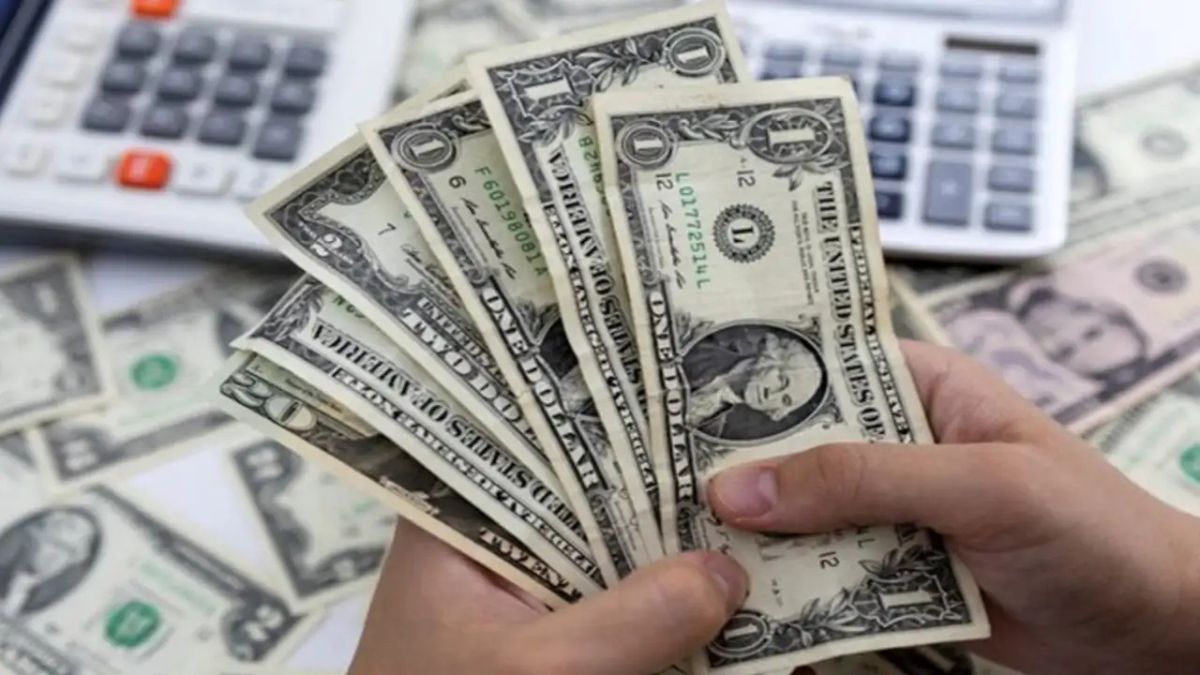New York State has launched a major financial relief initiative to support households struggling with rising costs. Through the School Tax Relief (STAR) program, eligible residents will receive payments ranging from \$350 to \$1,500, depending on income level, property category, and age.
Governor Kathy Hochul confirmed that more than 2 million New Yorkers are expected to benefit. The rollout comes during the summer season, a time when many families face higher financial pressures from utility bills, childcare, and back-to-school expenses.
Program Overview and Objectives
The STAR program has long served as a property tax relief tool for homeowners across New York. Traditionally, it lowered property tax obligations, but in this latest phase, it has been expanded to deliver direct financial payments.
The move comes against the backdrop of persistent inflation that has raised the costs of groceries, rent, energy, and healthcare. Officials noted that the payments will not be limited to large cities but will also reach families in Buffalo, Rochester, Syracuse, New York City, and smaller towns across the state.
The state emphasized that distribution will be automatic, requiring no extra paperwork from most households. This ensures that the program is accessible, efficient, and inclusive, even for seniors or rural residents who might face challenges with digital systems.
Eligibility and Payment Structure
Eligibility for relief payments is based on income thresholds, property status, and age. Families already enrolled in the STAR program are automatically included—no reapplication is necessary.
| Category | Criteria | Payment Range |
|---|---|---|
| Basic STAR Homeowners | Income under \$500,000 | \$350 – \$600 |
| Enhanced STAR for Seniors | Age 65+ within income limits | \$700 – \$1,500 |
| Other Eligible Families | Property registered under STAR | \$350 – \$600 |
This tiered structure ensures that seniors receive the largest benefits, reflecting their fixed incomes and greater vulnerability to inflation-driven price spikes in food, medicine, and utilities.
How the Payments Will Be Distributed
To maximize reach, the state has adopted multiple distribution channels. Eligible households will receive their STAR relief in one of three ways:
- Property Tax Exemptions – Direct reductions applied to homeowners’ annual tax bills.
- Rebate Checks – Paper checks mailed to households.
- Direct Deposits – Funds transferred electronically for residents who have provided banking details.
By offering both traditional and digital methods, New York ensures that residents across urban, suburban, and rural communities have equal access to relief funds.
Statewide Reach and Coverage
While New York City will account for the largest share of beneficiaries, the initiative is truly statewide. Rural counties and small towns are included, recognizing that inflation impacts households everywhere, not just in urban centers.
| Feature | Details |
|---|---|
| Total Beneficiaries | Over 2 million residents |
| Payment Range | \$350 – \$1,500 |
| Highest Benefit | Seniors under Enhanced STAR |
| Coverage | Urban and rural areas across all counties |
| Distribution Methods | Exemptions, mailed checks, or direct deposits |
The broad scope of the initiative ensures equitable access, avoiding concentration in wealthier regions and delivering aid where it is most urgently needed.
Significance of the Initiative
While the STAR payments may not resolve long-term inflationary pressures, they provide immediate stability for households stretched thin by rising costs.
- For families, the relief helps offset property tax obligations and free up income for everyday essentials.
- For seniors, the higher benefit under the Enhanced STAR program provides critical support for covering healthcare, prescription costs, and household bills.
Governor Hochul emphasized that the initiative represents the state’s commitment to protecting residents’ financial well-being. By adapting a long-standing tax relief program to meet current challenges, New York is showing flexibility and responsiveness to its citizens’ needs.
“This is about making sure families and seniors can breathe a little easier,” Hochul said, highlighting the program’s role in helping households stay afloat during a difficult economic climate.
Final Takeaway
New York’s expanded STAR program delivers direct payments of \$350 to \$1,500 to more than 2 million residents, reinforcing the state’s role in shielding households from the harshest effects of inflation.
By ensuring automatic enrollment, wide distribution, and targeted support for seniors, the initiative strikes a balance between efficiency and fairness. Though temporary, it offers a meaningful cushion to households navigating higher costs, while demonstrating how state-level relief programs can adapt to evolving economic realities.
FAQs
Q1. Who qualifies for New York’s STAR relief payments?
Eligibility depends on income, age, and property status. Basic STAR homeowners earning under \$500,000 and seniors aged 65+ under Enhanced STAR will qualify automatically if already enrolled.
Q2. How much will eligible residents receive?
Payments range from \$350 to \$1,500, with the highest benefits reserved for senior households enrolled in Enhanced STAR.
Q3. How will the payments be delivered?
Residents will receive relief through property tax exemptions, rebate checks, or direct deposits, depending on their profile and preferences.
Q4. Do I need to apply separately to receive the STAR payment?
No. If you are already enrolled in the STAR program, you will automatically receive the benefit without reapplication.
Q5. When will the payments arrive?
The relief is being rolled out during the summer months of 2025, aligning with higher seasonal expenses such as school supplies and utility bills.







